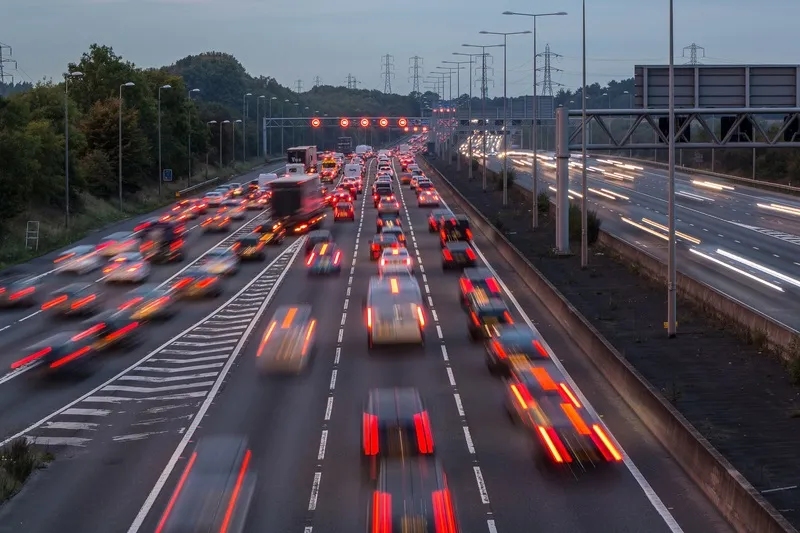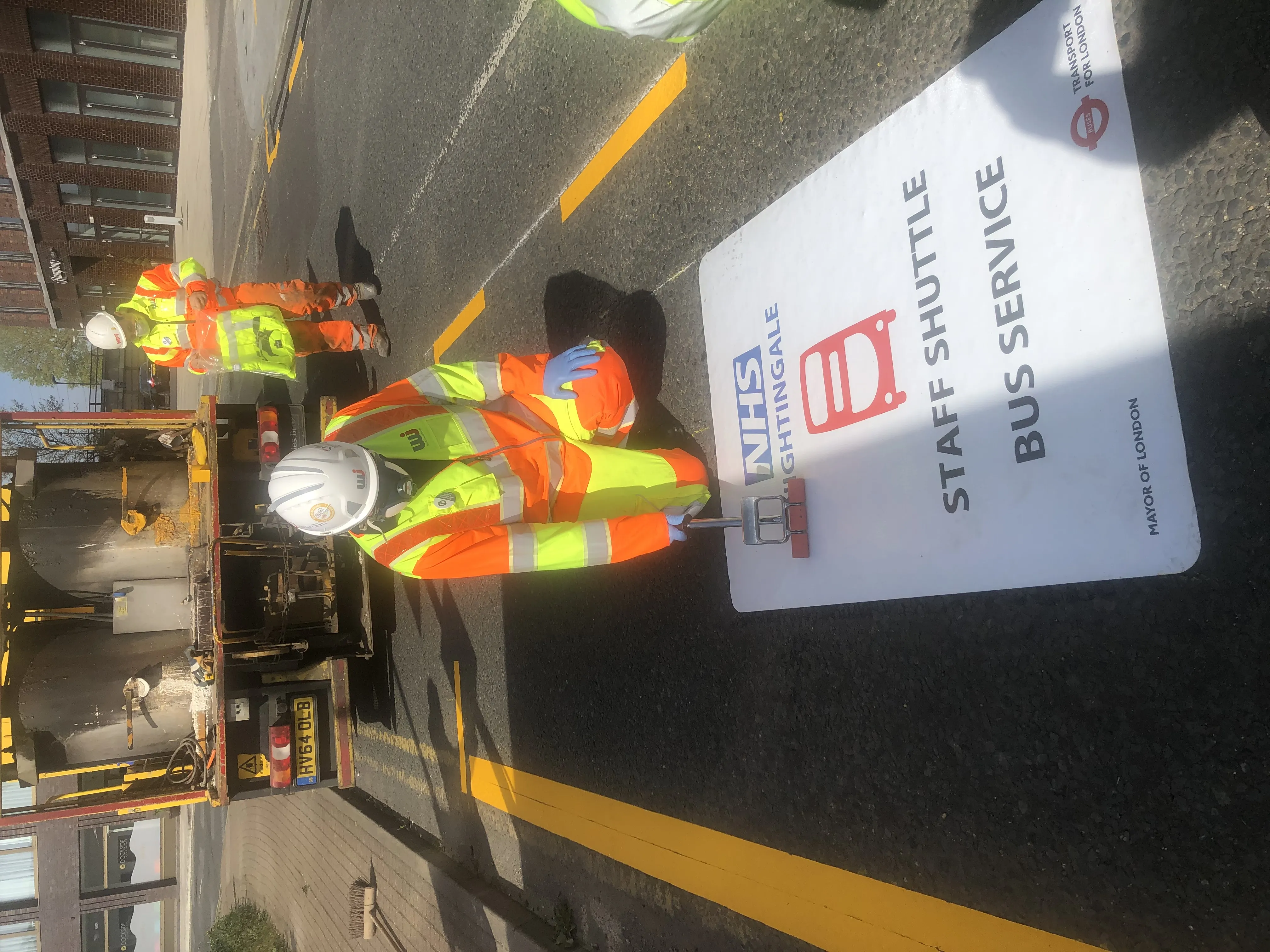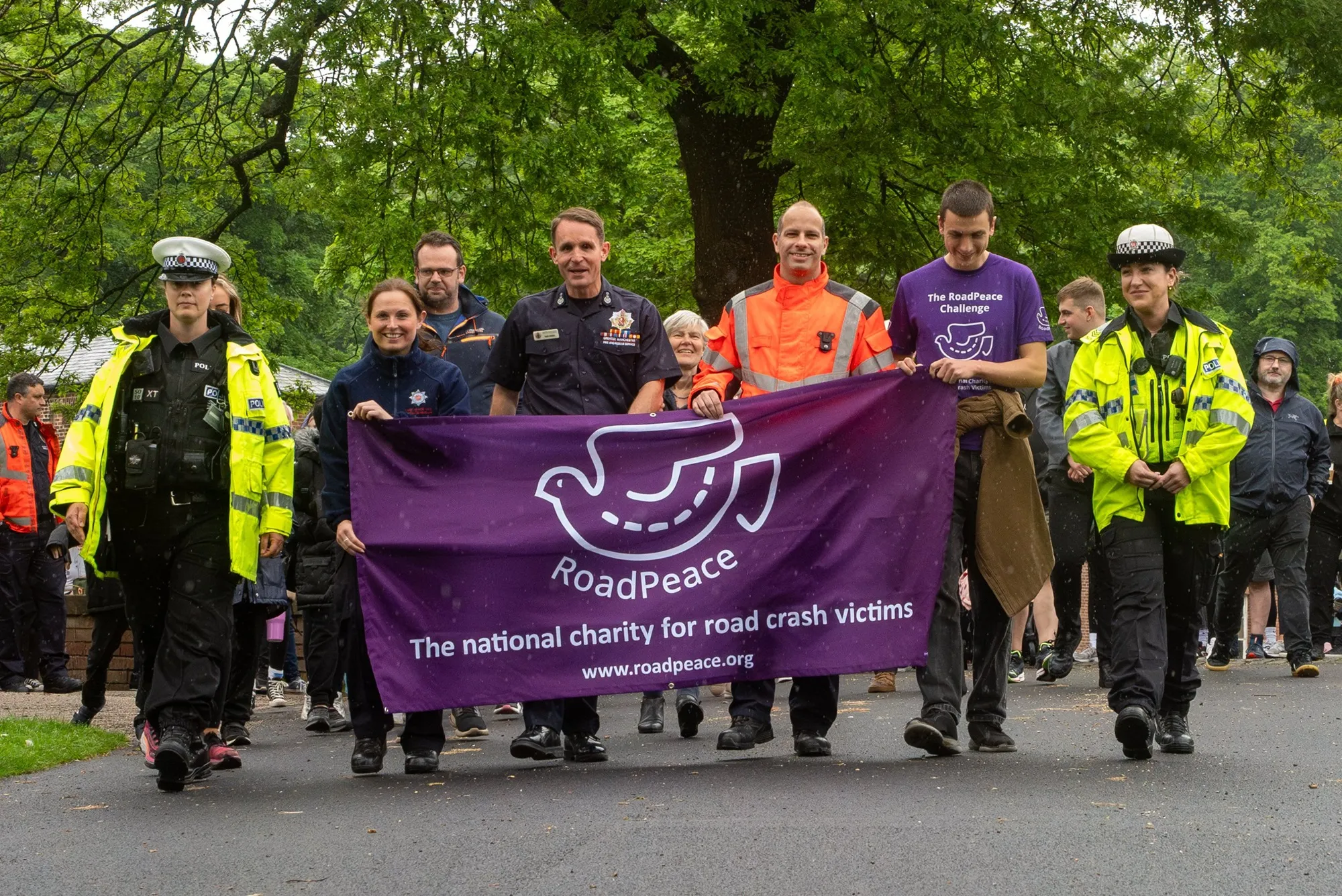
Following a review it has published an 'action plan' to improve safety on smart motorways - which are typically four-lane highways with no hard shoulder.
Measures include reducing the distance between refuge areas to no more than one mile and cutting the time highway patrol officers take to get to stranded vehicles - from an average of 17 minutes down to 10 minutes.
The Department for Transport has also pledged to speed up the deployment of stopped vehicle detection technology across the entire 'all lane running' smart motorway network, so stopped vehicles can be detected and the lanes closed more quickly.
A major move which had already been flagged up is "abolishing the confusing 'dynamic hard shoulder' smart motorways, where the hard shoulder operates only part-time and is a live running lane the rest of the time".
UK transport secretary Grant Shapps said: “Overall, what the evidence shows is that in most ways, smart motorways are as safe as, or safer than, the conventional ones. But not in every way.”
Shapps suggests that smart motorways have helped the network "cope with a 23% rise in traffic since 2000", reducing "the disruption and environmental destruction which would otherwise be needed to widen our busiest roads".
But road safety groups have expressed serious concerns about the concept, and Shapps acknowledges that it was "not always been well explained".
A BBC investigative programme revealed that 38 people had died on smart motorways in the last five years.
Jim O’Sullivan, Highways England chief executive, said: “Every death in any road accident is tragic, and we are determined to do all we can to make our roads as safe as possible."
He added that the agency would take note of the governments measures and would be "improving further our information to drivers to help them be safer on all of our roads, including our smart motorway network".








